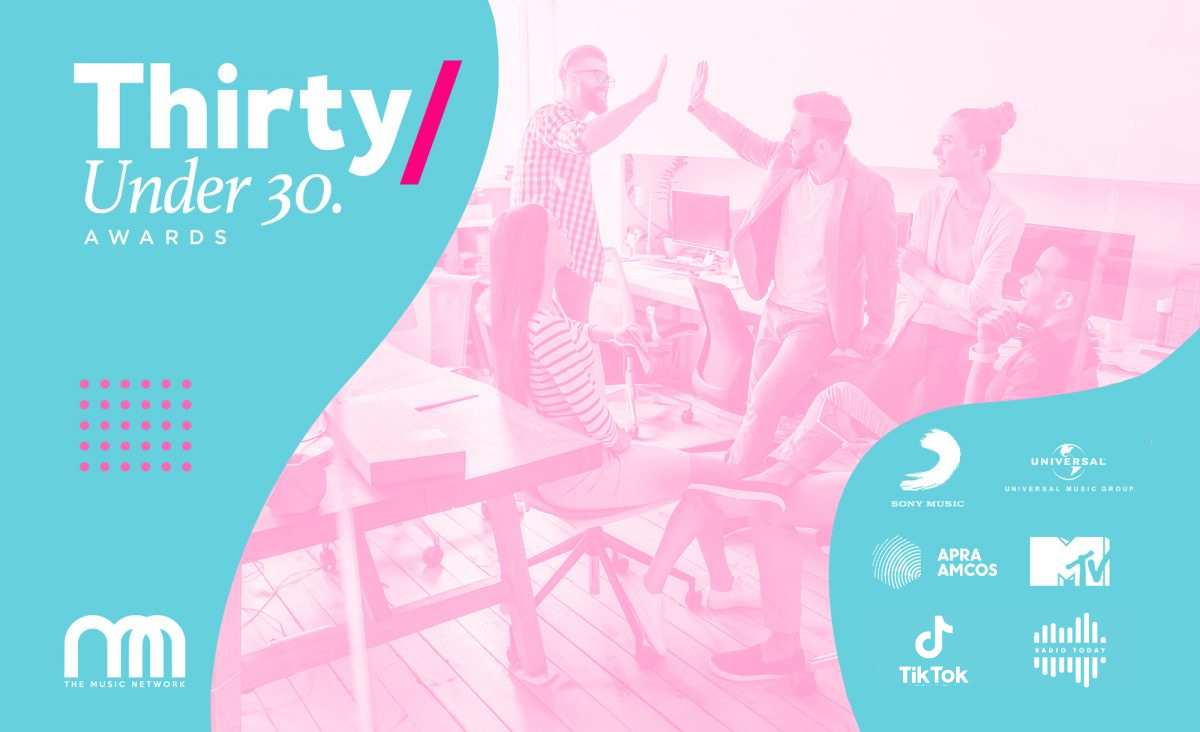TMN 30 Under 30: What next for these winners?
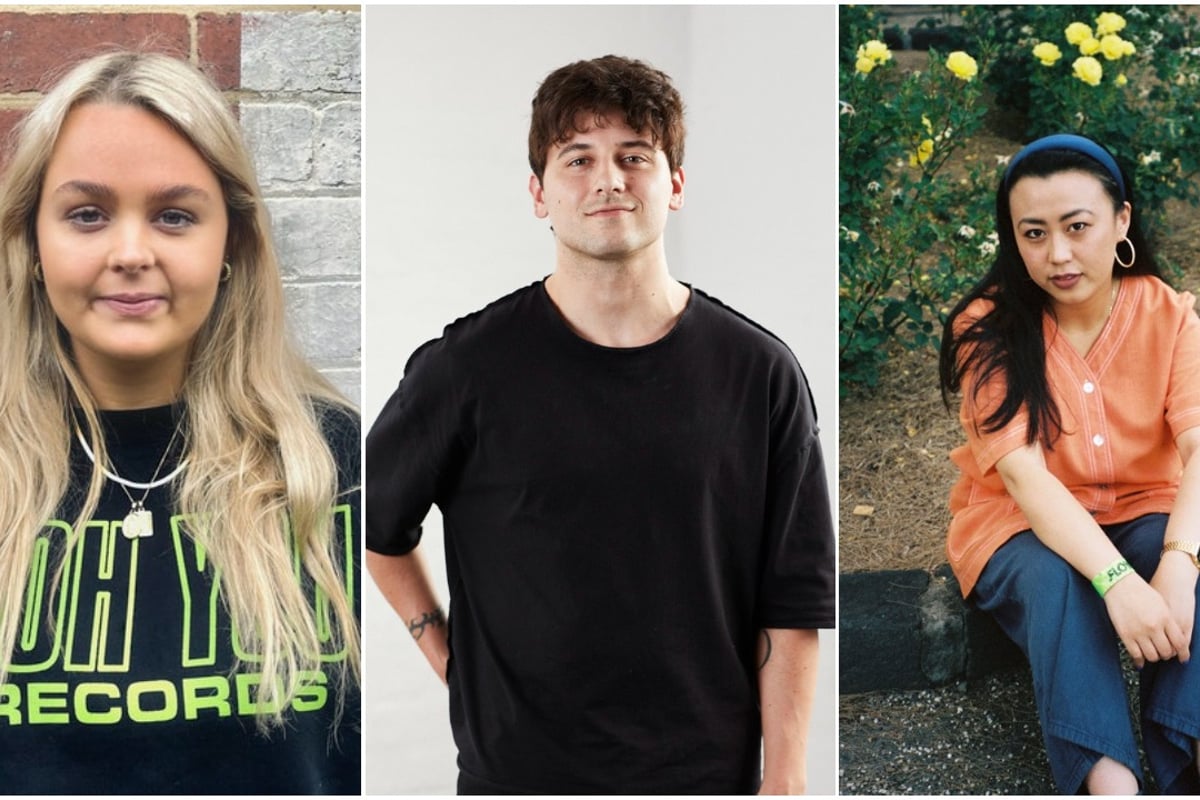
The inspiring and inquisitive young minds who took spots on this year’s TMN 30 Under 30 list continue to blow us away with their ideas for how to catapult the industry forward.
Here, we hear from Shelley Liu, Steel Hanf and Tahlia Ryan about how they believe the industry could be a more inclusive, less toxic and even more profitable place.
Shelley Liu, Vita Music Group/ Foreign Echo
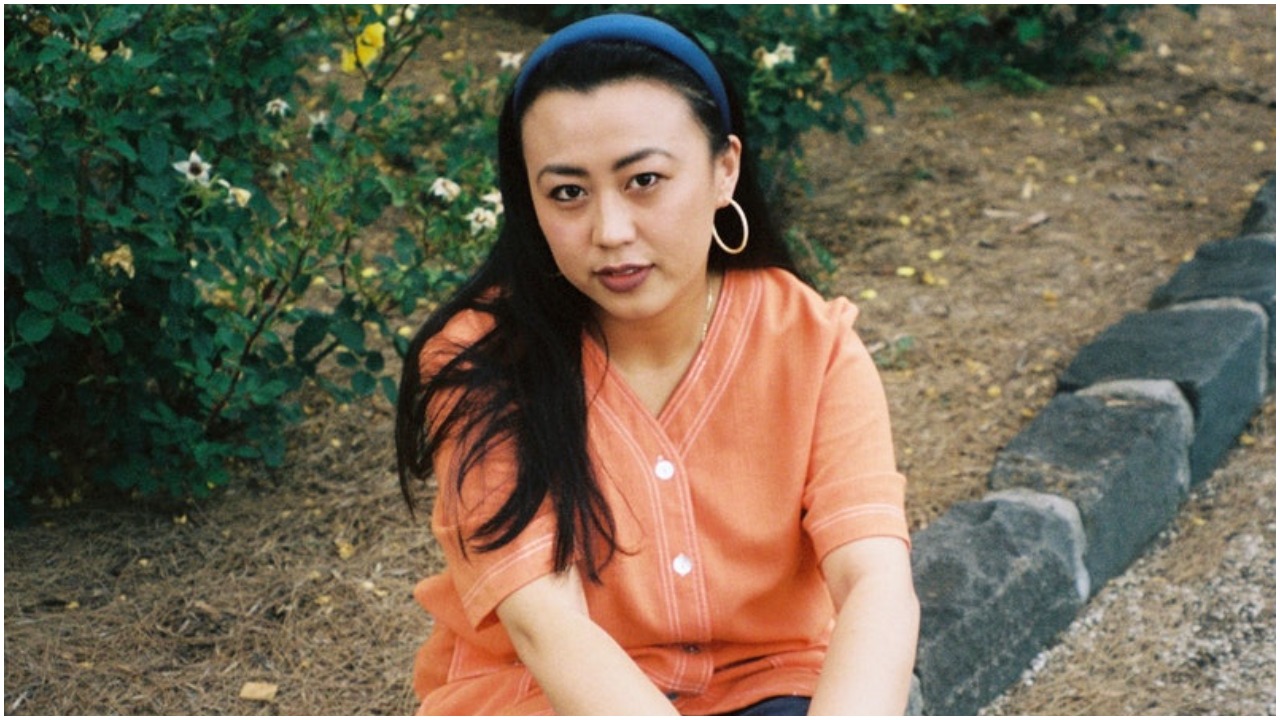
Shelley Liu says her journey with music started 14 years ago, when she was just 13 and undertook work experience.
Since then, she’s worked in artist management, artist bookings, venue bookings, tour management, event management and record labels.
Now, she splits her time between being a booking agent as well as record label director for Valve Sounds.
She says the future of the Australian music industry is diverse, and full of young people with fresh perspectives, but we’re certainly not there yet.
“Our industry is strongly lacking in cultural diversity. Being one of small handful of People of Colour (POC), and even fewer Asians working in the music industry in general – the booking agency and touring realm is even more disparate when it comes to cultural diversity. I am currently one of the only POC booking agents within Australia,” she says.
“When I was younger, I didn’t have anyone to look up to working in the music industry that looked like me. Because of this, I often felt a bit isolated or alone in my journey. I have several stories where I’ve been the only POC person in a room and I’ve had to spend many hours trying to educate others about why certain decisions aren’t okay, not because I want to, but because I’ve been the only one who can speak in the room who comes from a diverse background. While it is important to have culturally diverse artists on lineups etc., it is equally as important to have diverse figures working in music industry behind the decision-making.”
But what are the biggest challenges facing the music industry, according to Shelley?
“People forgetting the value of quality over quantity. This statement applies in a couple different scenarios I’d like to discuss.
“In the age of the internet and streaming, people are consuming music faster than ever – and something or someone can be absolutely massive one week, then be ‘forgotten about’ the next week. Because of this, some artists and their teams feel a sense of urgency and being rushed to put out music, to tour – and this can be a huge detriment if that artist is not ready yet.
“Artist development is something I believe hugely in taking the time to do, so that they can properly craft their music, craft their live sets, and most importantly make sure they are mentally ready and prepared for the whirlwind that the music industry can be. If artist development is not taken seriously and given some good thought into it, their career can fizzle out just as quickly as they came in.
“The other context that I wanted to explore this statement in is when it comes to industry people signing artists. This could apply to almost every sector of the industry – booking agents, labels, managers etc – where they are signing so many acts left right and centre, that they don’t end up having the time to properly focus on all of them individually.
“Inevitably this leads to artists being forgotten about and ‘put on the bench’. The approach I’ve always taken as an agent and manager has been a boutique approach, where I want to make sure each artist I work with has a proper strategy behind them that I have full belief in, as opposed to some other approaches that I am personally against such as ‘throwing things against and wall and hoping something sticks’. It’s simply unfair on the artists.”
Steel Hanf, Proxy Agency/ Untitled Group
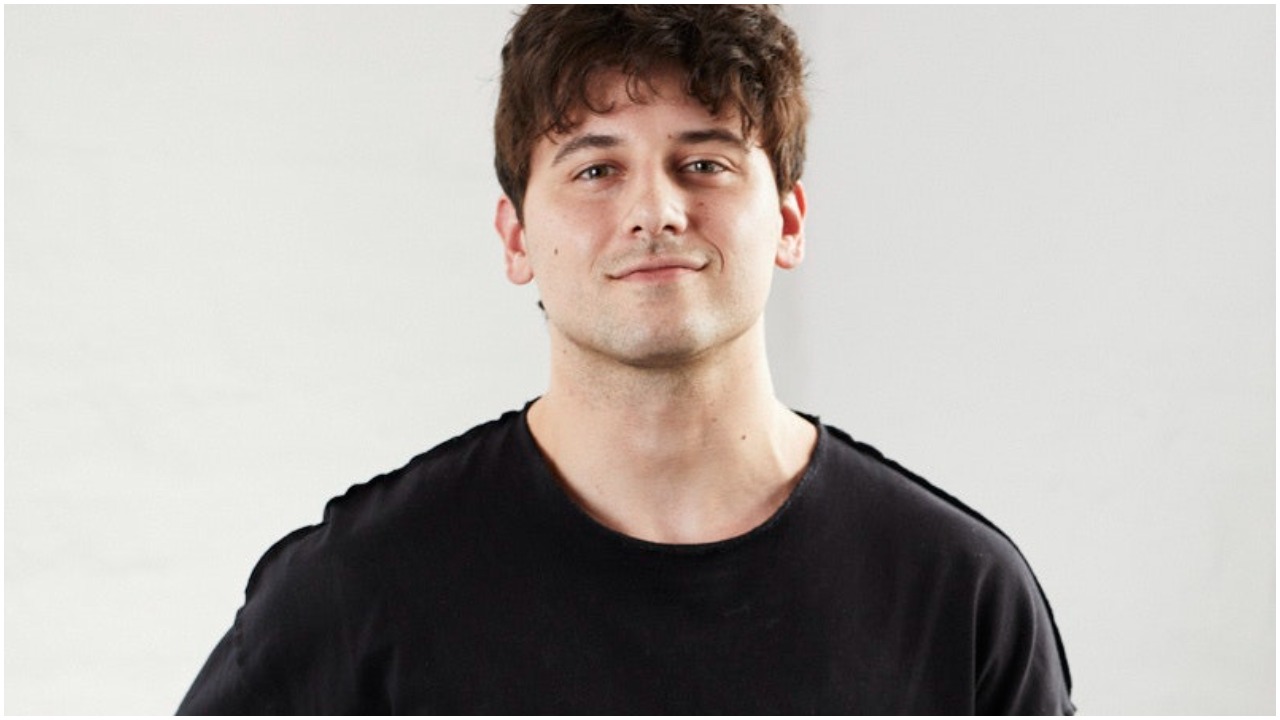
Proxy Agency’s senior agent and United Group’s talent buyer, Steel Hanf, has worked in New York City, Los Angeles, Sydney and Melbourne.
And like a solid 1980s ‘boy coming of age’ movie plot, he worked his way up from the mailroom.
He’s now an independent booking agent and talent buyer for Untitled Group, and runs Proxy.
“We created Proxy with the intention to reinvent the role of a talent agency, what an agency can provide for its clients, and the cultural significance it can hold in the music industry,” he says. “Proxy has already booked 100+ shows since coming out of the pandemic, and our foot is fully on the gas pedal to making our artists’ dreams come true.”
He’s also aware that in the music industry, he can act as a gatekeeper of culture, so he’s undertaken equity and inclusion training via the Victorian Music Development Office.
“I have a decision-maker platform that impacts what thousands of people see on stage, and the responsibility that comes with that means ensuring diversity in every show I book,” he says. “This is a priority that Proxy carries in and out of the office every day. If we aren’t being and exemplifying the change we want to see in the world, then why are we working in culture?”
But what are the biggest challenges facing the music industry, according to Steel?
“We’re all actively seeing how fragile the live industry is since the pandemic happened. It’s most artists’ best source of income, yet it can all come to a halt in an instant with no clear point of return.
“In many ways, the pandemic has accelerated our understanding of how artists can find alternate sources of revenue.
“NFTs are on the tip of everyone’s tongues, and we’re now seeing direct levels of access and communication with artists beginning to be monetised (i.e. paid messaging with artists, Twitch, online tips, etc.).
“But these growing methods of digital monetisation will only come naturally to certain artists; some won’t understand it, some it won’t mesh with them creatively, others may be morally against it. But new avenues of revenue in the digital space are undoubtedly growing, and we need to equip our artists with the support they need to survive in this accelerating environment; with or without touring.”
Tahlia Ryan, Mushroom Music Publishing
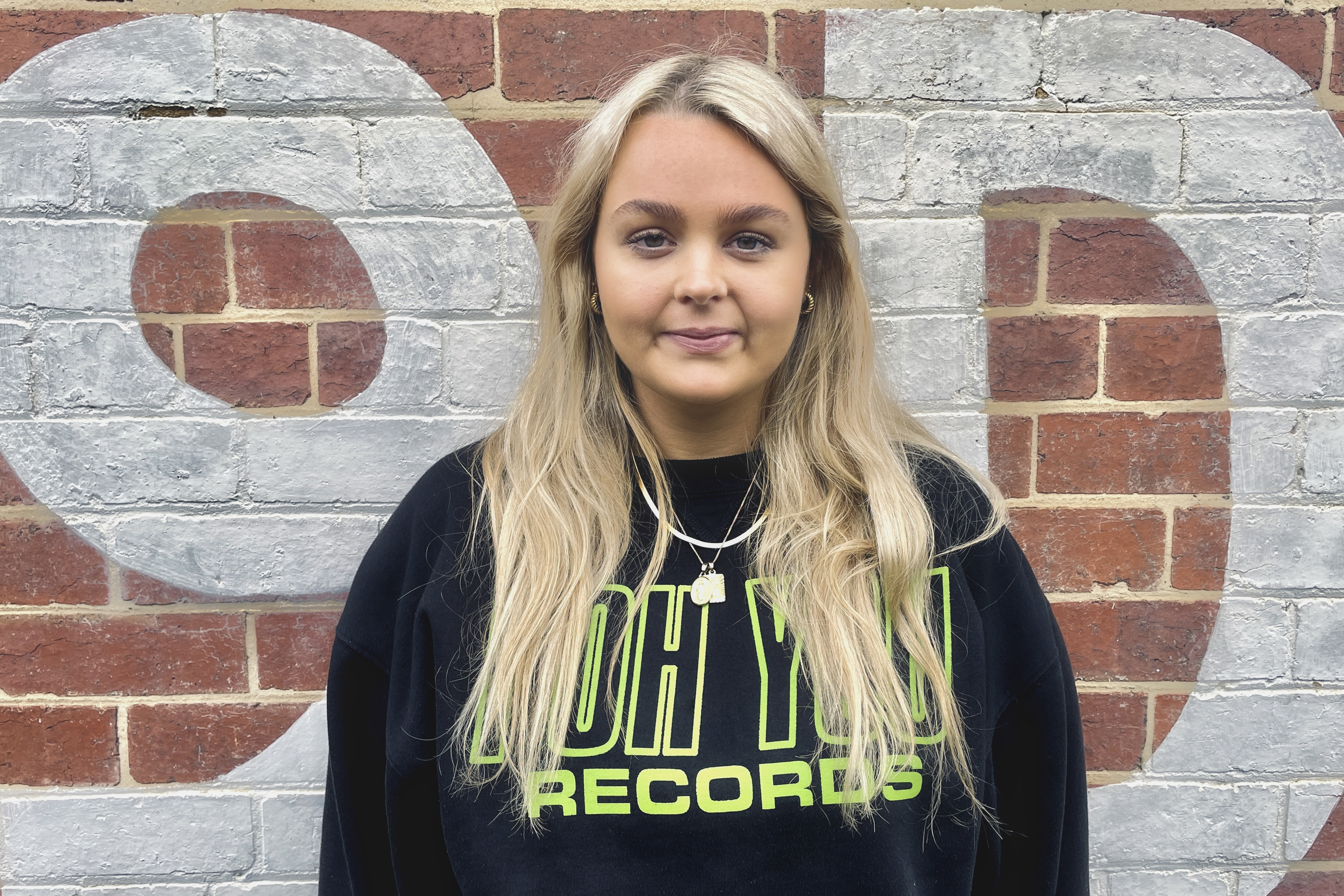
Tahlia Ryan – who also took out this year’s Readers’ Choice Award – always knew music was ‘it’ for her.
She joined the Australian Girls’ Choice at seven, and performed in locations including Italy, France, the US and Hong Kong. She also played the guitar, saxophone and piano, so really gave everything a red-hot crack.
She’s since worked her way up to be international co-ordinator/A&R at Mushroom Music Publishing, and says passion still defines how she approaches every day.
Success, she says, is loving what you do and how you do it.
“I’ve learnt that you need to stay curious, realistic and grounded. I’m not trend focused or concerned with what others are doing. I skip to the beat of my own drum. I have a gift for identifying new talent and treasured gems. I play to my strengths. To me, it comes from being a true music fan. I can relate to the people listening at home, attending gigs and music festivals because that is my whole existence,” she says.
But what are the biggest challenges facing the music industry, according to Tahlia?
“We need to continue to challenge the boys’ club mentality, abuse and toxicity within the music industry. I believe there needs to be more opportunities given to women at an early age, so they can discover their gifts and reach their full potential. We should be empowering young women.
“Having experienced a toxic work culture firsthand, I am acutely aware of the lasting impact systemic abuse can have. I was 21 years old at the time and petrified to leave. I finally had my foot in the door and did not want to waste what I thought was the opportunity of a lifetime. The psychological damage still lingers. I have personally received comments such as ‘He breeds them well’ and ‘No wonder you’re such a hard worker’ when I disclose where I’ve previously worked. The fact that established people in the industry normalise abusive behaviour and take no responsibility baffles me.
“When I started at Mushroom, it took me more than six months to feel comfortable and confident in my role and generally around the office. This was due to my previous experience, I was too scared to take a lunch break, make a cup of tea or even to go to the bathroom.
“I quickly learned that Mushroom is a safe space. I feel inspired, challenged, supported and nurtured in a close-knit family environment. Having a bevy of talented and inspiring women to look up to has given me the confidence to be unapologetic and push boundaries.
“I hope we can continue fostering cultural change so that all women can feel as heard, seen and supported in the workplace as I do. The more good women and men there are to mentor one another, the better off the industry will be.”































